herbs in containers vs in the ground
aling
14 years ago
Featured Answer
Sort by:Oldest
Comments (13)
leira
14 years agoopal52
14 years agoRelated Professionals
Beachwood Landscape Architects & Landscape Designers · Essex Landscape Architects & Landscape Designers · Parole Landscape Architects & Landscape Designers · Woodinville Landscape Architects & Landscape Designers · Allentown Landscape Contractors · Peabody Landscape Contractors · Tempe Landscape Contractors · Davidson Landscape Contractors · Deerfield Landscape Contractors · East Hanover Landscape Contractors · Goodlettsville Landscape Contractors · Los Banos Landscape Contractors · Round Lake Landscape Contractors · Shirley Landscape Contractors · Ponte Vedra Beach Roofing & Guttersjoenan44
14 years agoeibren
14 years agosimplemary
14 years agofatamorgana2121
14 years agoopal52
14 years agonovice_2009
14 years agocyrus_gardner
14 years agokaali_maali
14 years agoDaisyduckworth
14 years agocatlady10
14 years ago
Related Stories
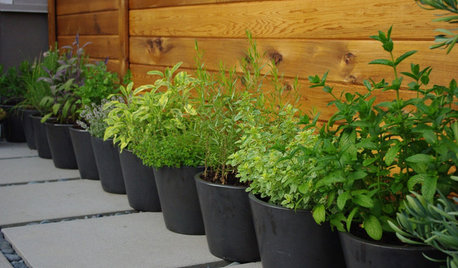
GARDENING GUIDES4 Herb Container Gardens for Fabulous Global Cuisine
Tingle your taste buds with the unbeatable taste of fresh herbs in your Italian, Asian, Mexican or French fare
Full Story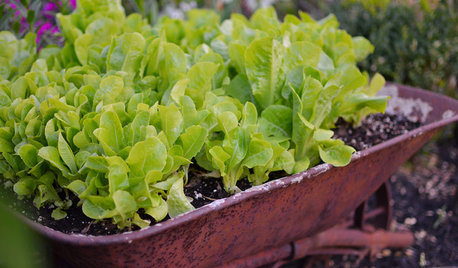
FARM YOUR YARD10 Easy Edibles to Grow in Containers
These herbs, vegetables and fruits are just as happy in a pot as they are in the ground
Full Story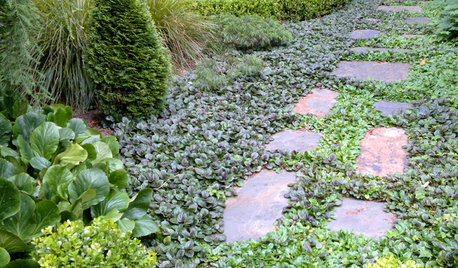
GROUND COVERSGround Force: 10 Top Ground Covers for Your Garden
Protect your soil from weeds and drought this summer with a living mulch of ground covers
Full Story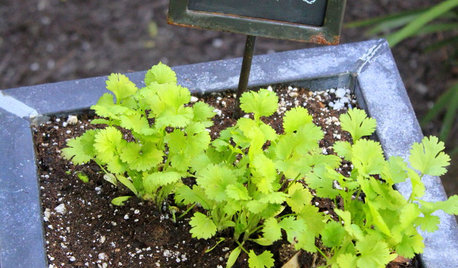
GARDENING GUIDESHerb Garden Essentials: Versatile Cilantro Adds Flavor to Herb Gardens
Love it or hate it, this cool-season herb contributes its unique flavor to any number or the world’s cuisines
Full Story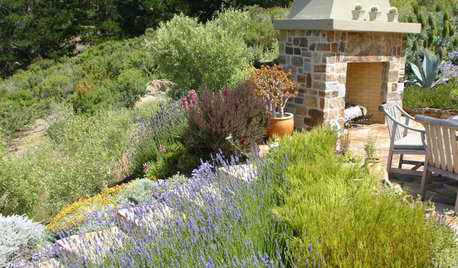
GARDENING AND LANDSCAPINGEasy Herbs for Every Space
Resilient and forgiving, herbs like mint, thyme and rosemary are simple to grow and look great in both containers and landscape designs
Full Story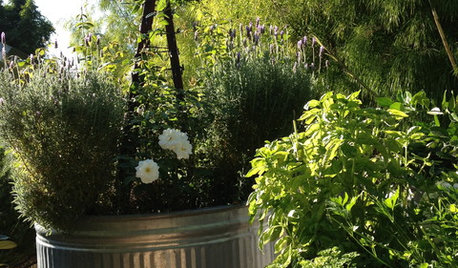
EDIBLE GARDENSGrow Herbs for Fresh Flavor and Good Looks in the Garden
With sun and a patch of ground, you can have all the fresh flavor you need for cooking right outside your door. Here's how to get started
Full Story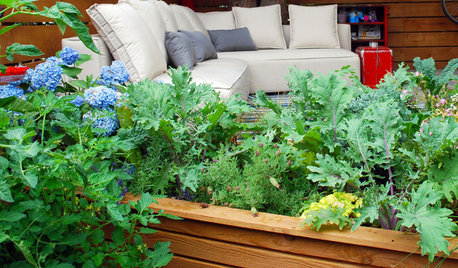
GARDENING GUIDESStep Right Outside for Fresh Herbs and Vegetables
Decks and patios can be convenient spots for edibles, and sometimes they even offer advantages over backyard gardens
Full Story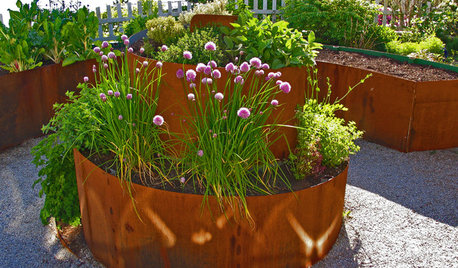
URBAN GARDENSContainers Make Growing Edibles a Cinch
If life hands you a lack of land, grow lemons — with a few basics, you can proudly reap the fruits, veggies and herbs of your labor
Full Story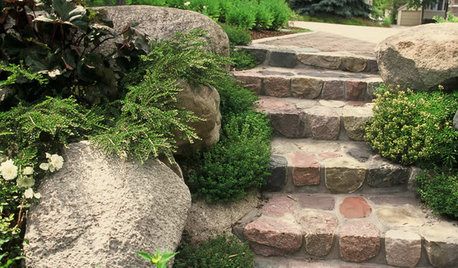
EDIBLE GARDENSHerb Garden Essentials: How to Grow Thyme
Common thyme and its flavorful cousins are anything but ordinary in the garden
Full Story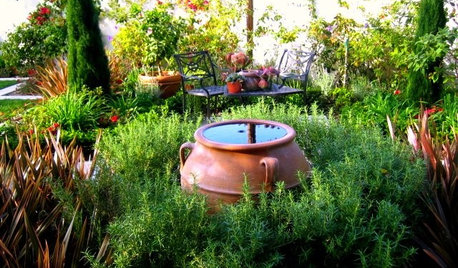
GARDENING GUIDESHerb Garden Essentials: Grow Your Own Rosemary
With its invigorating scent, easygoing nature and ability to make dishes sing with flavor, rosemary may become your new best garden friend
Full StoryMore Discussions






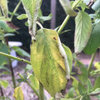
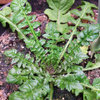
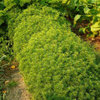
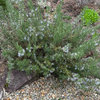
Daisyduckworth